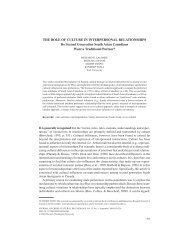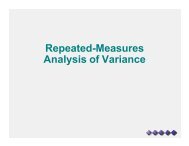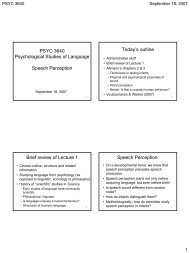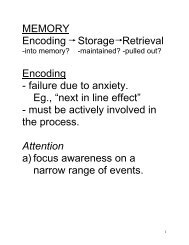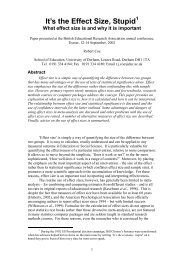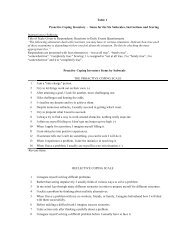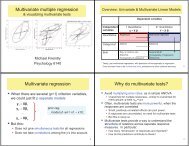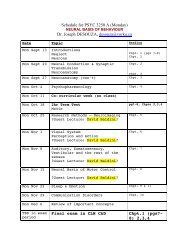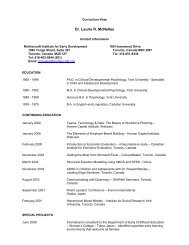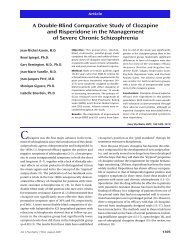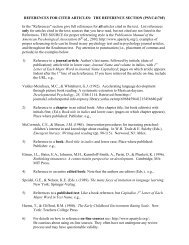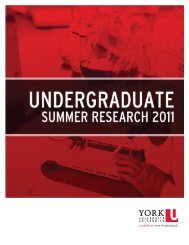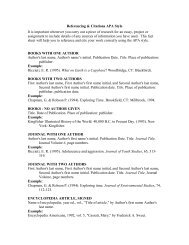The Drama of the Gifted Child (The Search for the True Self)
The Drama of the Gifted Child (The Search for the True Self)
The Drama of the Gifted Child (The Search for the True Self)
Create successful ePaper yourself
Turn your PDF publications into a flip-book with our unique Google optimized e-Paper software.
person can have adapted completely to <strong>the</strong> demands <strong>of</strong> his<br />
surroundings and can have developed a false self, but in<br />
his perversion or his obsessional neurosis he still allows a<br />
portion <strong>of</strong> his true self to survive—in torment. And so <strong>the</strong><br />
true self lives on, under <strong>the</strong> same conditions as <strong>the</strong> child<br />
once did with his disgusted mo<strong>the</strong>r, whom in <strong>the</strong> meantime<br />
he has introjected. In his perversion and obsessions he constantly<br />
reenacts <strong>the</strong> same drama: a horrified mo<strong>the</strong>r is necessary<br />
be<strong>for</strong>e drive-satisfaction is possible: orgasm (<strong>for</strong> instance,<br />
with a fetish) can only be achieved in a climate <strong>of</strong><br />
self-contempt; criticism can only be expressed in (seemingly)<br />
absurd, unaccountable (frightening), obsessional<br />
fantasies.<br />
Nothing will serve better to acquaint us with <strong>the</strong> hidden<br />
tragedy <strong>of</strong> certain unconscious mo<strong>the</strong>r-child relationships<br />
than <strong>the</strong> analysis <strong>of</strong> a perversion or an obsessional neurosis.<br />
For in such an analysis we witness <strong>the</strong> destructive power<br />
<strong>of</strong> <strong>the</strong> compulsion to repeat, and that compulsion's dumb,<br />
unconscious communication in <strong>the</strong> shaping <strong>of</strong> its drama.<br />
It is <strong>of</strong> eminent importance that, although <strong>the</strong> patient has<br />
<strong>the</strong> possibility to experience <strong>the</strong> analyst as hostile to his<br />
drives, critical and contemptuous, yet <strong>the</strong> analyst should in<br />
fact never really be so. This may sound obvious but it is<br />
not always in practice.<br />
Sometimes <strong>the</strong> analyst does just <strong>the</strong> opposite, quite unconsciously<br />
and with <strong>the</strong> best intentions. It may be that he<br />
can hardly bear being turned into a figure so hostile to instinctual<br />
drives, and so must demonstrate his tolerance by<br />
persuading <strong>the</strong> patient, <strong>for</strong> example, to describe his masterbatory<br />
practice fearlessly. In doing so he will prevent<br />
<strong>the</strong> patient from experiencing his mo<strong>the</strong>r in <strong>the</strong> transference.<br />
At <strong>the</strong> same time this analyst repeats, in reality, <strong>the</strong><br />
mo<strong>the</strong>r's rejection <strong>of</strong> <strong>the</strong> patient's childish instinctual im-<br />
87



